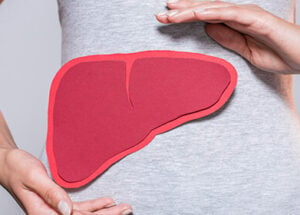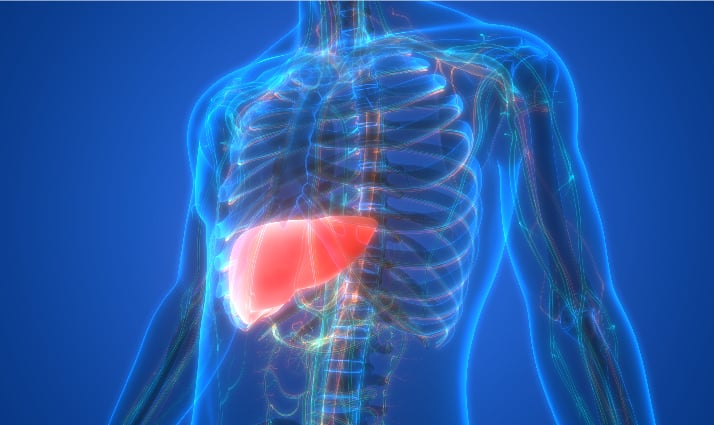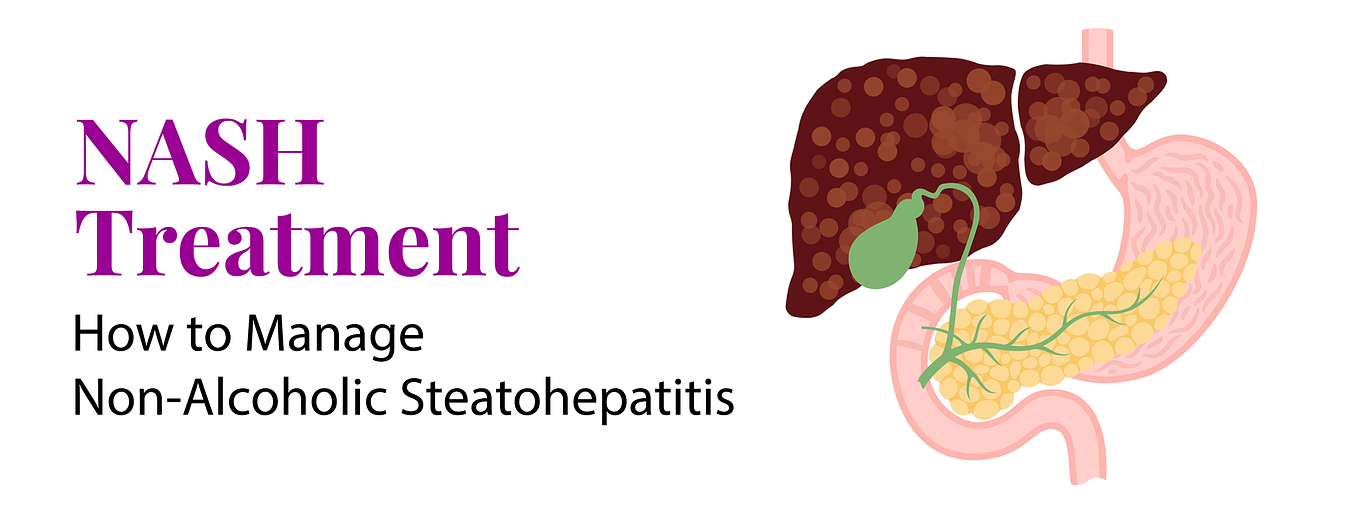Compensated and Decompensated Cirrhosis
October 24, 2019

Once you’re diagnosed with cirrhosis or scarring of the liver, your doctor will inform you of the stage of the liver disease that you’re in. Whether you’re a case of compensated or decompensated cirrhosis depends largely on how well your liver functions. Your treatment will depend on the one you fall under.
Compensated Cirrhosis
Here, though the liver is scarred, yet it can still perform some basic functions. This condition is typified by the pressure in the portal vein not being very high while the liver still has some healthy cells to perform all basic functions.
To remedy the problem of compensated cirrhosis, its cause should receive treatment. This could be alcohol or drug abuse or contracting the Hepatitis C virus. In such a scenario, if the cause of cirrhosis is left untreated, liver damage will continue unabated and the patient will experience a further breakdown in liver functioning.
Causes:
In order to get the right treatment for your problem and prevent it from worsening, it is imperative to know the cause of cirrhosis right at the outset. Generally, its most experienced causes are:
- Hepatitis B or C: Accurate medication can prevent further damage to the liver.
- Nonalcoholic Fatty Liver Disease (NFLD): If cirrhosis is caused due to NFLD, two ways of improving the condition of the liver are to lose weight and to control blood sugar levels.
- Alcohol Abuse: Die-hard alcoholics should speak to the doctor about their alcoholism and ask to be referred to a treatment program.
Symptoms
Patients can continue to live long without being aware of having liver damage, with few or no symptoms. All patients do not experience these symptoms, but perhaps only some of them. However, broadly they are:
- Weight loss
- Stomach upset
- Oedema
- Itching
- Loss of appetite
- Fatigue
- Mental fog
- Bruising
- Loss of muscle mass
Patients suffering from either compensated or decompensated cirrhosis are prone to developing liver cancer. Though there may not be any visible signs of liver cancer until the malignance is large and painful, it is usually recommended that the patient undergoes ultrasound tests to monitor the condition of the liver.
Compensated cirrhosis does not show up any symptoms, so you could come to learn of having cirrhosis through a blood test or a checkup. After such a diagnosis, you can receive preventative treatment that can either retard the rate of liver damage or stop it entirely.
Cirrhosis results due to another liver disease, so you always need to pinpoint that problem and have yourself treated for it.Initially, it’s common to feel tired, or have little or no appetite and lose weight consequently. Shortly after, your liver may not be as efficient in its working or might stop functioning entirely.
Prevention
- Quit alcohol abuse.
- Avoid using street drugs.
- Follow your doctor’s prescription strictly.
- Don’t miss any of your doctor’s appointments.
- Increase your protein intake.
- Ensure that you don’t get any infections as cirrhosis patients find it difficult to fight them.
- Go in for Hepatitis A and B vaccinations, and those for pneumonia and flu too.
- Don’t take OTC medication like aspirin, ibuprofen and acetaminophen without your doctor’s approval.
Decompensated Cirrhosis
Decompensated cirrhosis is a condition of the liver which shows up a lot of damage to the organ and chronic scarring to the extent that the liver cannot function well. In this condition, the patient experiences chronic symptoms. This condition makes the patient more prone to liver cancer and failure and internal bleeding. He or she needs a liver transplant now.
Symptoms:
- Jaundice
- Oedema in the abdomen and legs
- Hepatic Encephalopathy accompanied by disorientation, slurred speech and general confusion
- Large blood vessels bleed in the oesophagus causing internal bleeding
- Weight loss
- Loss of muscle mass
- Chronic fatigue
- Loss of appetite
- Bruising
- Nausea
- Redness in the palms of hands
Prevention
- Go in for tests regularly to monitor your condition.
- Quit alcohol and smoking.
- Eat a plant-based diet, apart from whole grains and lean protein
- Minimize fatty and fried foods and stick to having a healthy weight.
- Don’t have unprotected sex.
- Don’t share needles.
- Have yourself vaccinated against Hepatitis A and B.
Why Rela Hospital?
Advantages/Expertise
All kinds of liver diseases need immediate and accurate treatment—both of which can be had at the best hospital for liver transplantation in Chennai, Rela Hospital. Founded by world-renowned liver specialist Prof. Rela, who also operated on a five-month-old baby for liver disease. For this successful feat, his name has been added to the Guinness Book of World Records.
The team of surgeons, oncologists, doctors, nurses, psychologists and dieticians work concertedly to provide every patient with the best treatment for liver cirrhosis in Chennai. Pre- and post-surgery treatment are timely and excellent, and within just a few days, the patient can go home and lead a normal life. So, all patients here receive the best treatment from start to finish from top doctors for liver cirrhosis treatment.
Its state-of-the-art equipment, excellent facilities and in-house conveniences make this the most sought after liver cirrhosis treatment hospital in India.
To know more about Rela Hospital, call +91 9384681770 for an appointment.













